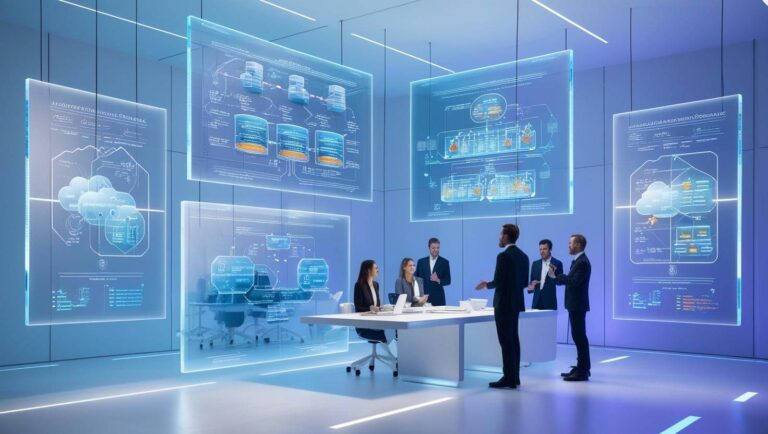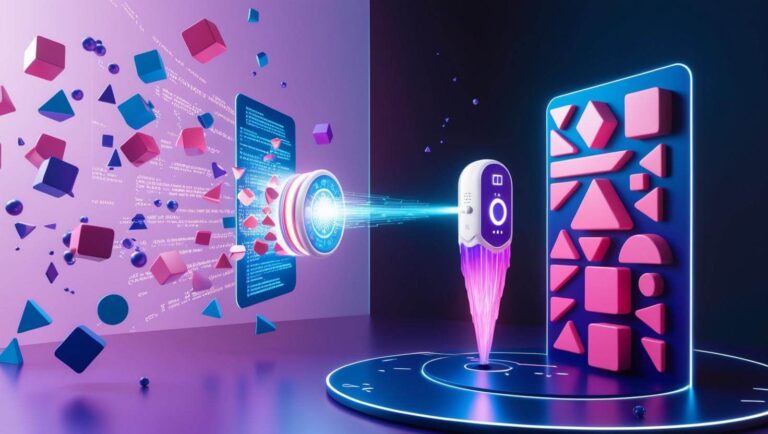It’s officially budget season again, and the growing list of priorities and considerations for a successful 2020 is currently top of mind. I know from my own experience that with so many investment options out there, it’s difficult to really know what will bring the most success in 2020. Personally, I like to rely on data and research to guide by strategy, because otherwise, it’s a shot in the dark.
Aside from the standard line items you need for day-to-day operations, I’ve put together a few tips and suggestions on what to take into consideration when planning your 2020 hotel budget.
Analyze past performance to improve the future
There’s no better strategy when planning for the future than analyzing the past. Whether you’re a hotel marketer, operator, or manager, you need to be aware of how your business is doing, what works, what needs to be improved.
One of the best ways of assessing your hotel’s past performance lies with guest reviews. Your guests are the ones who the business is directed to and they are also the ones who assess it on a constant basis. Their thoughts and impressions are out in the online world, they have the power to influence the future booking decision of other travelers, and so paying attention to your guests is not only a nice thing to do; it is necessary.
Take this as a challenge and an opportunity to further develop and improve, as well as to determine exactly where to invest in the future. Guest feedback is usually packed with valuable insights and, sometimes, guests can point out things that might not be so obvious to management. Try to see things from their perspective and look deeper into what they emphasize in their reviews. Do multiple guests complain about the wifi speed? Or the booking process? Then it might be time to invest more into those areas.
If the process of digging into these reviews sounds daunting, don’t be turned off by it just yet. With a Reputation Management solution, gathering, analyzing, and understanding guest insights is done automatically through semantics technology. More specifically, with what we call “impact scores”. The average score of each category (wifi, service, amenities, etc.) is a result of all the review content submitted by guests, making it easier and faster for you to filter and analyze a large number of opinions. When an overview of your guests’ impressions is compiled into an easy-to-understand score, it becomes easier to see, understand, and focus on those areas of the hotel that need adjustment.
Don’t worry – the process of budgeting properly doesn’t have to cost you money. If you want to experience the benefits of online reputation management, you can start a free trial for 30 days. Plenty of time to get you through budgeting season (and beyond!)
Let technology trends guide you
Certain trends come and go, but in hospitality tech, it’s best to “follow the cheese”. After all, we are now talking about newer generations of travelers, who were born in the middle of the technological era. Not only that, but many tech trends are meant to help hotel better organize and manage day to day operations.
Hotel systems and the tech stack attached to them are definitely an investment, one that you should carefully plan for. In order to be able to do this properly, you first need to divide them into two categories: the must-haves and the nice to have.
Especially if you are on a budget, I recommend sticking to the must-have technologies and make sure that you get the ones that are most fit for your hotel. Keep in mind the three key benefits that any hotel software must provide: help drive direct bookings, improve the guest satisfaction, and increase revenue.
We have previously discussed all of these topics and vital hotel systems in our latest eBook, The Hotelier’s Tech Stack Guide: Must-Have Technologies That Impact The Guest Journey. We broke down the software that are necessary during each stage of the guest journey, starting with the internet booking system, the reservations system, the live chat function, the property management system, Internet of Things, the guest feedback management system, and the revenue software. Many of these technologies have started out as trends and nice to have pieces, but they have quickly developed into must-haves, proving once again that technology trends need to be constantly monitored and considered. Especially during the on-site phase of the guest journey, technology can really help boost your efforts and make a positive impressions on your guests.
Keep in mind that technology is meant to ease operations and increase efficiency and in many cases, it is one of the best investments that you can make as a hotelier. Determine which technologies should your hotel be using and which ones are worth both the hype and the investment.
Invest smarter by connecting your systems
So your hotel’s tech stack may be where most of your future investments will go, but that can lead to a whole new concern. What do you do with so many systems on your hands? How do you find the time to implement and use every single one of them? And how will information be shared between them?
When thinking of your hotel’s technology stack, it’s important to view it as a whole. Everything should resemble a puzzle, in which every single piece fits perfectly with the other. This is the best way to ensure that everyday operations are fast, efficient and that the data that you store in the hotel systems is properly updated and accurate.
Many software are easily interlinked with each other, through APIs. Therefore, an internet booking system and a channel manager, for example, can automatically exchange information regarding a booking made on any online portal. This leads to less errors and overbookings and it ensures that your guests’ data is safely and easily transferred and processed between hotel systems.
The same way goes with the integration of multiple features under one “umbrella” type of technology tool. Like in the case of guest feedback management, instead of using multiple softwares to gather online reviews, to manage and answer to them, to analyze the outcome and to communicate with guests, a single all-in-one platform can integrate all of these features under its capabilities.
At the end of the day, it’s all about making smart decisions, connecting systems for a more seamless operation, and finding the best possible way of accomplishing multiple tasks with maximum efficiency. Take full advantage of the connectivity of today’s systems and interlink them as you see fit, in such a way that it would save you time and budget, while supporting daily operations and boosting the outcome.
For even more insights, make sure to download the Guest Feedback Buyer’s Guide that we worked on together with Hotel Tech Report.


